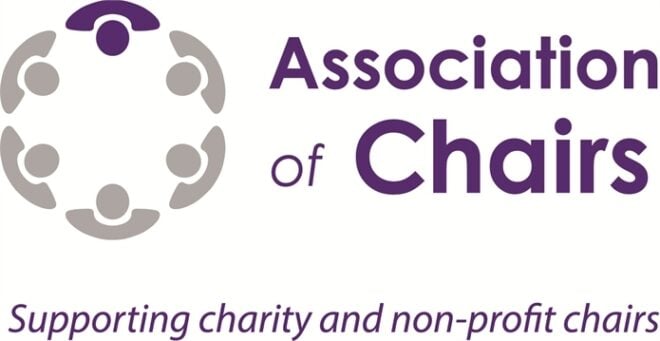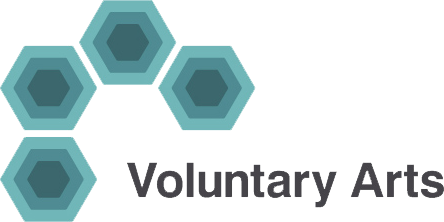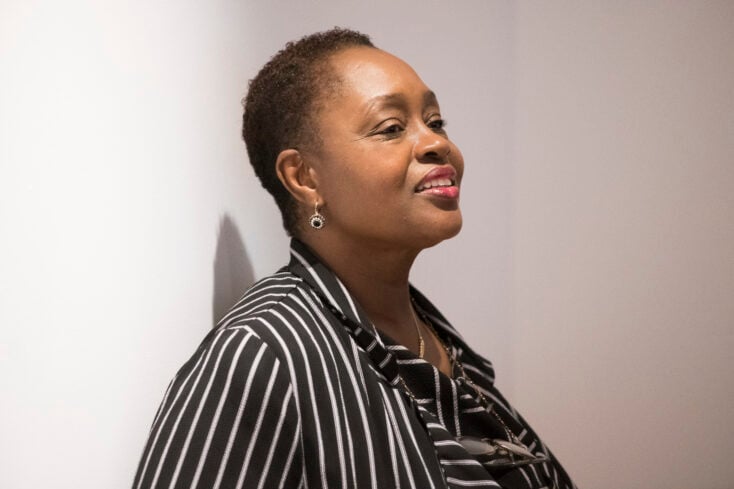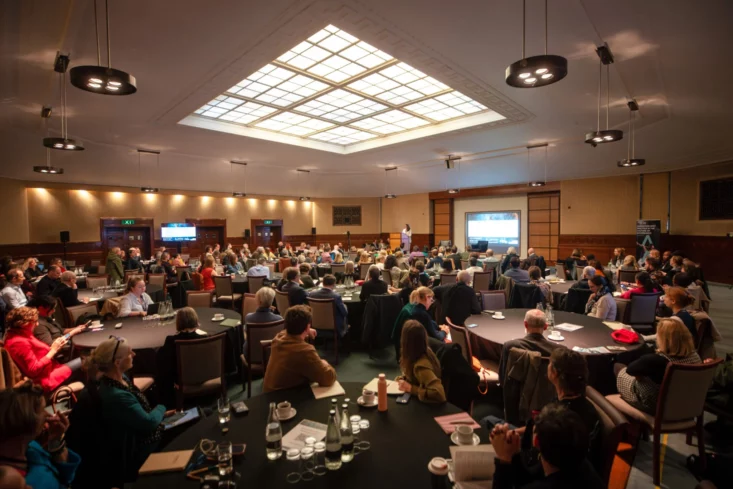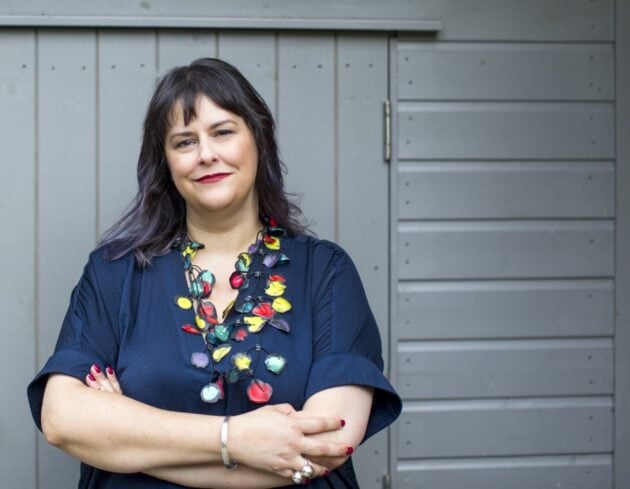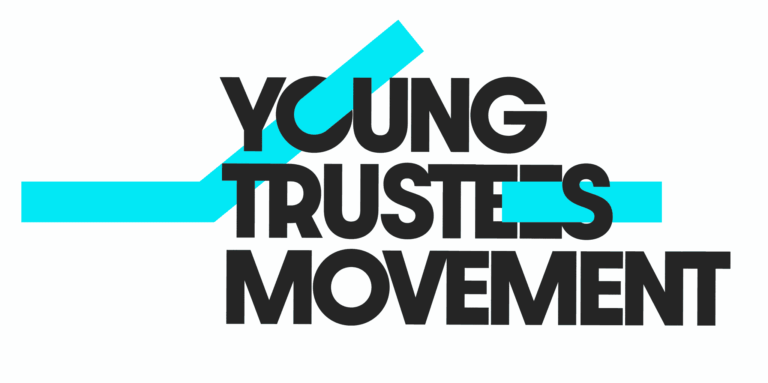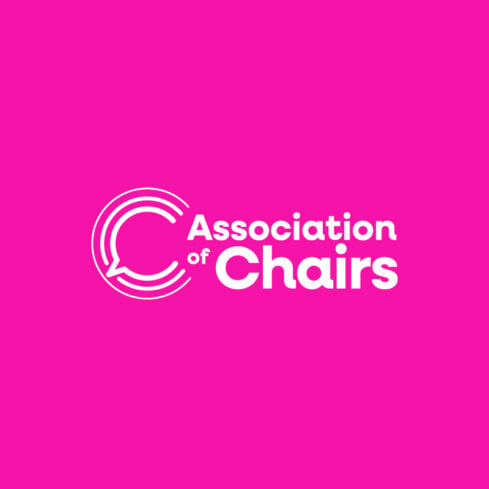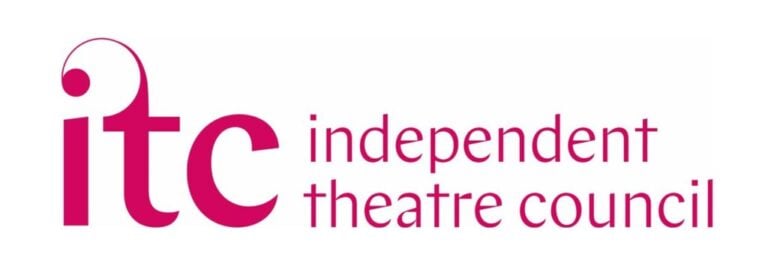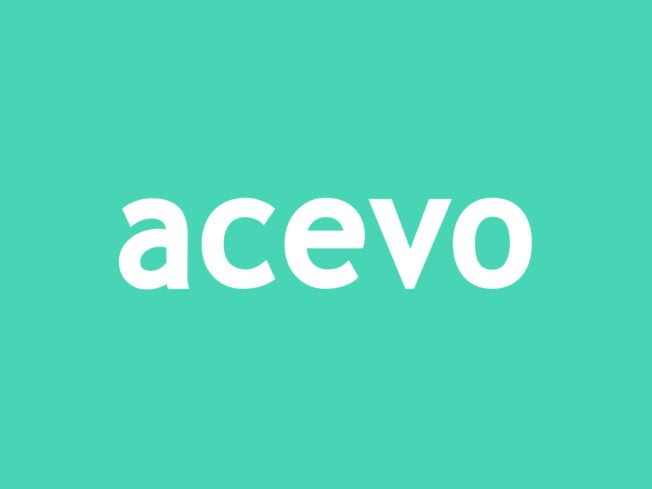About Us
The Cultural Governance Alliance (CGA) is a light-touch collective of agencies, organisations and advocates working strategically to champion, share and promote best practice in the governance of culture.
Our vision is for a resilient and relevant cultural sector, with highly performing cultural organisations whose boards and trustees are supported to perform at their best: to be stronger, better informed and better equipped to demonstrate excellence in governance.
We are a strategic collective of partners from across the cultural sector, joining with Clore Leadership to develop the Cultural Governance Alliance (CGA).

Founding Organisation
Clore Leadership
Clore Leadership is a dynamic and inclusive resource for leaders and aspiring leaders in the arts, culture, and creative sectors. We aim to inspire and equip leaders to have a positive impact on society through great leadership of culture.
Established since 2003, this pioneering programme is the first of its kind in the UK, designed to develop and strengthen leadership across the cultural and creative industries.
Clore Leadership provides a robust and nurturing foundation for leadership, enabling leaders at every stage of their career to enhance their leadership skills, competencies, and performance.
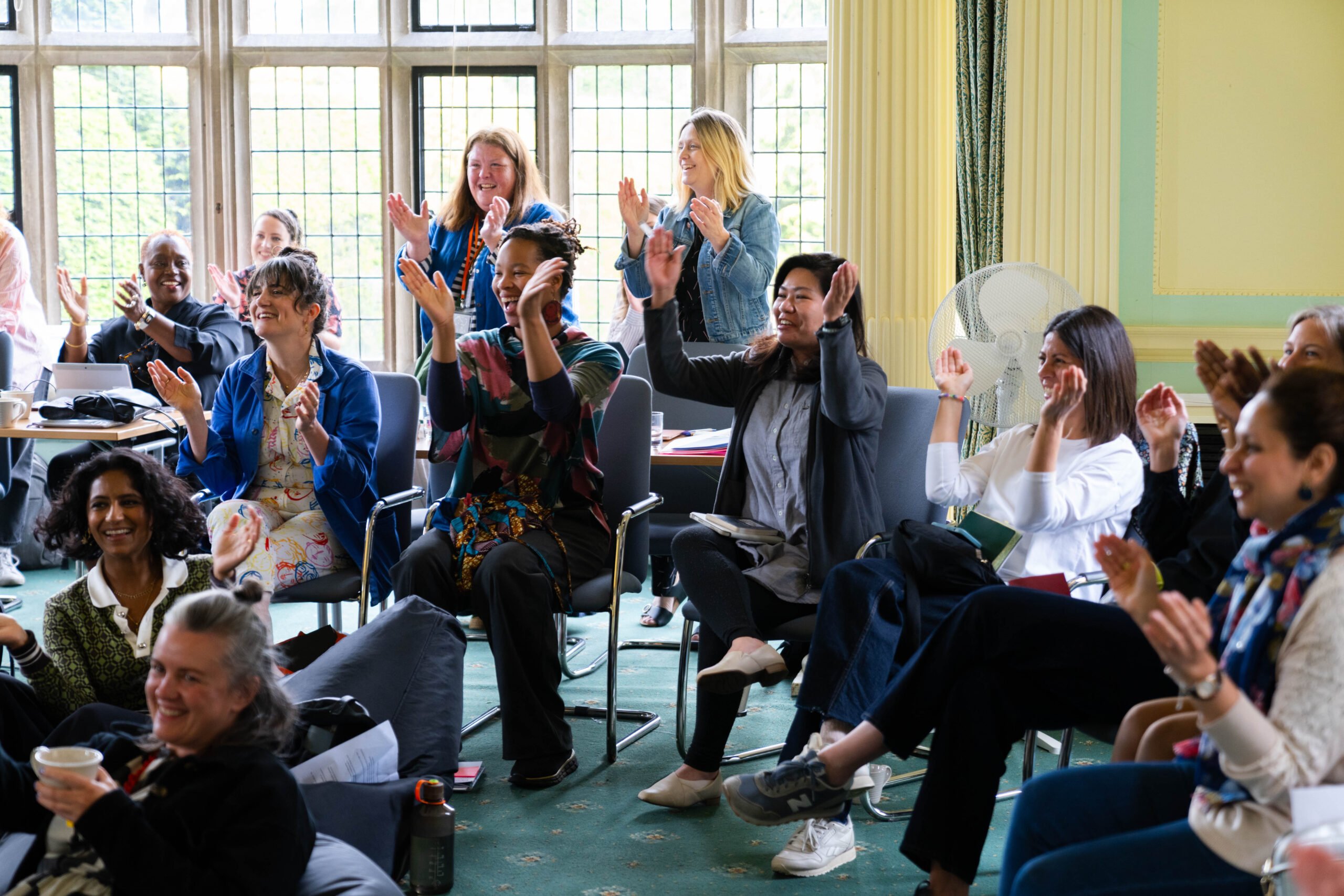
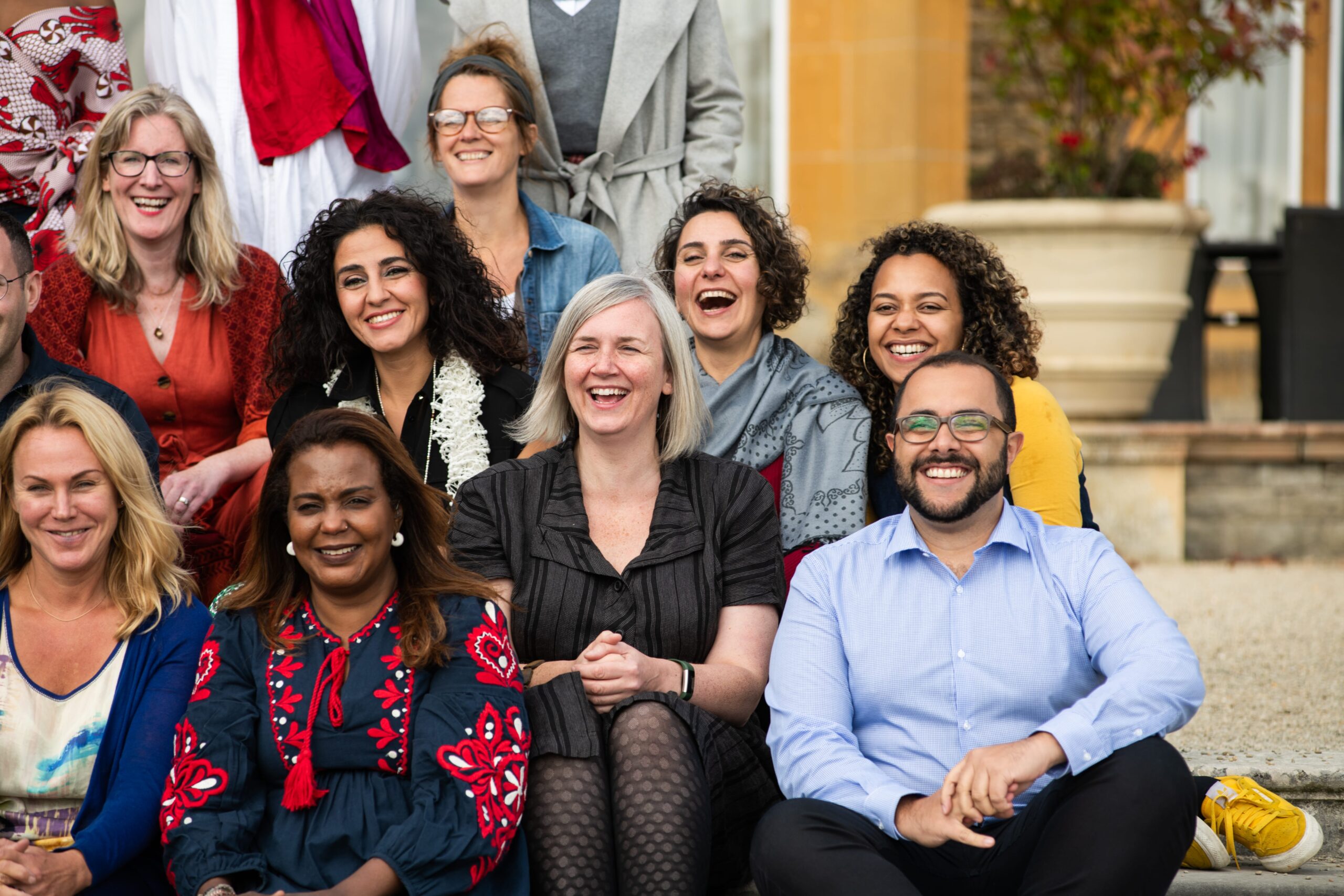
The Founding Members of the Cultural Governance Alliance
Supporters
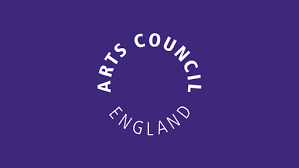
Arts Council England
Research points to good governance as one of the foundations of innovative resilient organisations and a thriving sector. Arts Council England (ACE) is pleased to be involved in bringing together and sharing best practice in governance through the Cultural Governance Alliance.
Jane Tarr
Director, Organisational Resilience, Arts Council England

Calouste Gulbenkian Foundation
We are supporting the Cultural Governance Alliance because of the findings of the Inquiry into the Civic Role of Arts Organisations. In the Inquiry’s research report, Rethinking Relationships, several barriers were identified as preventing arts organisations from playing a civic role. All these of these barriers can be addressed by better governance
Andrew Barnett
CEO, Calouste Gulbenkian Foundation (UK)
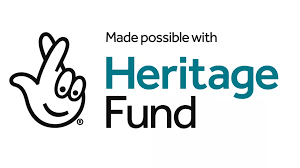
The National Lottery Heritage Fund
Since 2012 HLF has offered a number of funding opportunities through the Catalyst and Resilient Heritage programmes. These were designed to strengthen the resilience of organisations including through strengthening governance and we are very happy to be supporting the Cultural Governance Alliance to do this.
Anne Young
Catalyst Programme Director and Head of Strategic Planning, National Lottery Heritage Fund
Our key activities include
Signposting
Providing a primary reference point for good governance advice, information and practice.
Collaboration
Coordinating and promoting cross-sector opportunities including workshops, seminars, training and professional development. Creating and optimising opportunities for the co-production of resources and events.
Advocacy
Sparking and encouraging dynamic and constructive engagement with the topic of good governance through dialogue, forums, events and activities.
Benchmarking
Enabling organisations to evaluate and enhance their governance against best practice standards.

Why we exist
The Cultural Governance Alliance (CGA) was formed in response to the recommendations of the Achieving Good Governance report, (the original report was commissioned by Clore Leadership in 2016, together with a consortium of trusts and foundations including Clore Duffield Foundation, Esmée Fairbairn Foundation, Foyle Foundation, Garfield Weston Foundation and Paul Hamlyn Foundation).
Whilst acknowledging a number of key strengths in sector governance, the report recognised that:
“The current environment requires that the governance of arts organisations and museums becomes more adaptive and far-sighted…”
The review’s key recommendations called for a step change in governance practice, addressing the need for improved infrastructure and coordination of efforts as well as creating culture change through improved sector practice.
